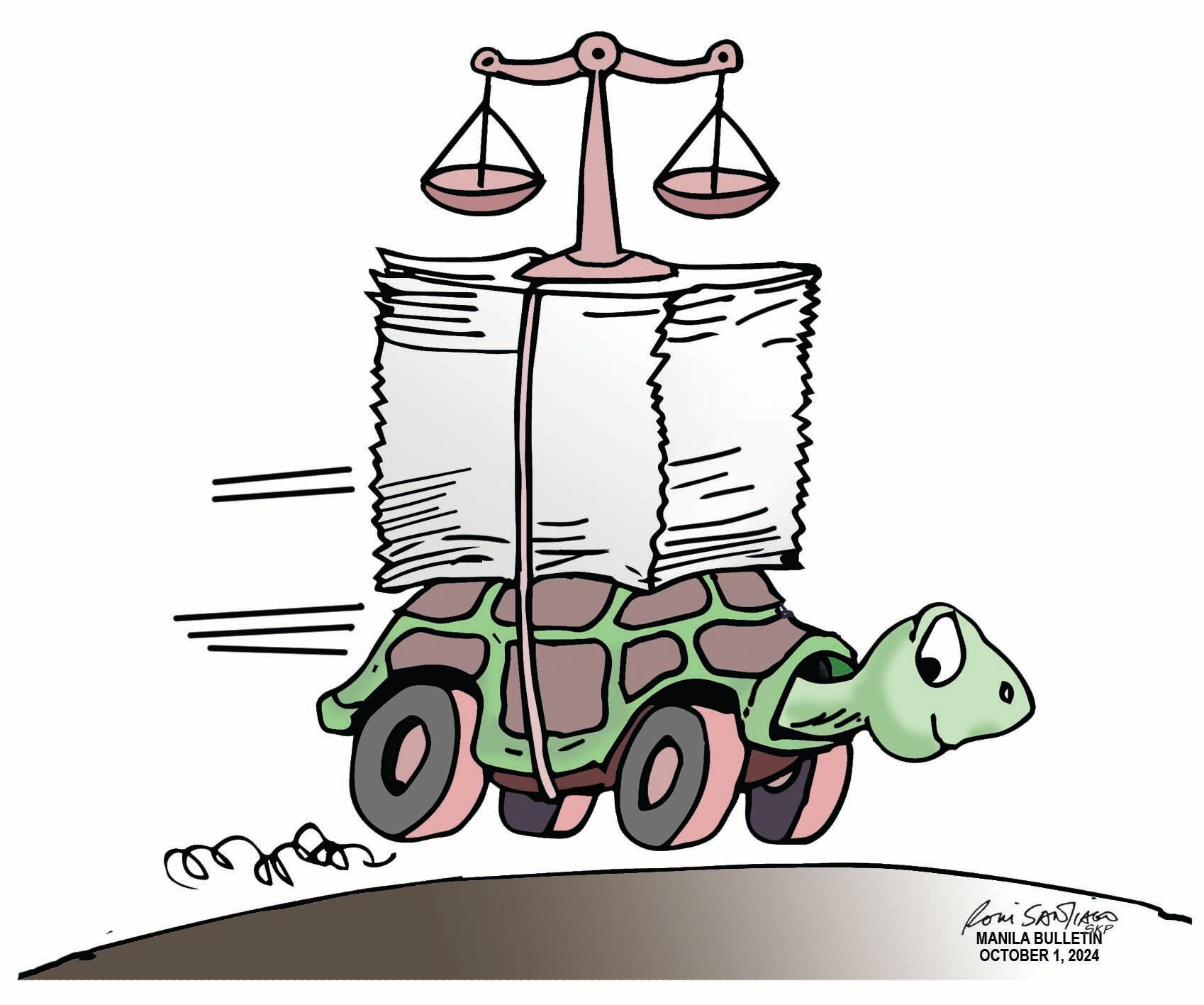
The recent directive from the Supreme Court mandating all trial courts to expedite the resolution of cases that have been pending for over 15 years is a significant step toward addressing long-standing inefficiencies in the judicial system. This initiative, part of the High Court's Strategic Plan for Judicial Innovation (SPJI) 2022-2027, seeks to achieve timely and fair justice.
The numbers are compelling. As of January 31, 2023, over 455,800 criminal cases and more than 13,500 civil cases have been archived for over a decade. The SPJI's emphasis on streamlining processes, enhancing court efficiency, and fostering a culture of accountability is critical to ensuring that, informed by a sense of urgency, the courts shall endeavor to resolve all cases within a reasonable timeframe. This action reflects the Supreme Court’s determination to enhance public confidence in the judiciary—a key pillar of any democratic society.
The Philippines is not alone in grappling with judicial delays that are rooted in systemic weaknesses, such as inefficiencies in case management, a shortage of judges, and an over-reliance on manual processes. The SPJI aims to address these through the integration of technology, enhanced case monitoring, and reforms in court procedures. These outcomes depend largely on quality of execution.
In comparing the Philippines' situation to other Asia-Pacific or similar jurisdictions, several best-practice models emerge, offering valuable lessons.
Singapore’s judiciary employs technology and case management systems that track and prioritize cases, ensuring that delays are minimized. Judges actively intervene in case management, and alternative dispute resolution mechanisms, such as mediation and arbitration, are widely used to reduce the load on the courts. The result is a system where cases are typically resolved within a matter of months, not years.
The Australian court system uses rigorous case-flow management, setting specific timelines for the completion of different phases of a case. Moreover, the Australian judiciary regularly reviews its performance through public reports, a practice that ensures accountability and public trust.
In South Korea, technology plays a central role in the judicial process. Courts have implemented e-filing systems, digital case management tools, and online dispute resolution platforms. These innovations allow for quicker processing of cases and less reliance on physical presence in courts, helping to reduce the backlog significantly.
While these examples offer valuable insights, certain unique challenges need to be addressed. There is a dire need for more judges and court personnel to handle the increasing caseload. The judiciary’s budget must also be increased to implement technological upgrades and infrastructure improvements that are necessary to modernize the system.
Adopting global best practices requires the consistent application of political will, adequate resources, and continuous monitoring to ensure success. Moreover, alternative dispute resolution methods should be encouraged as a way to ease the burden on courts, especially for civil cases.
Litigants, particularly those who have been waiting for years, deserve nothing less than the resolution of their cases. It is imperative that the whole nation supports the judiciary’s strategic reforms that are impelled by the ultimate goal: timely, fair, and accessible justice for all.